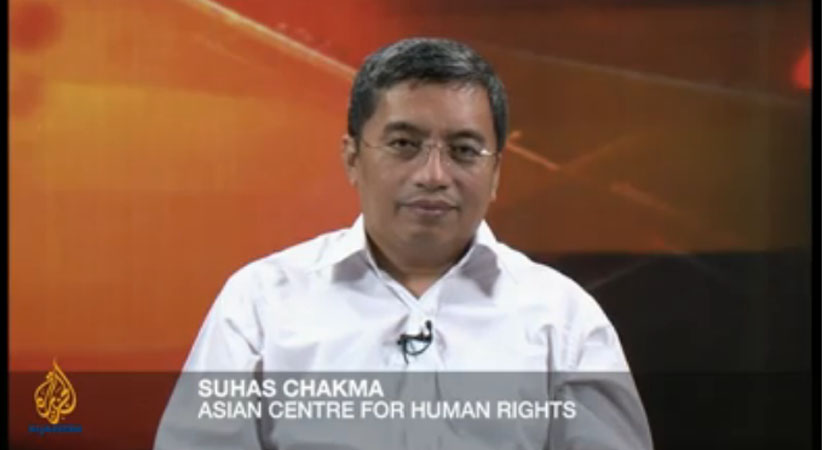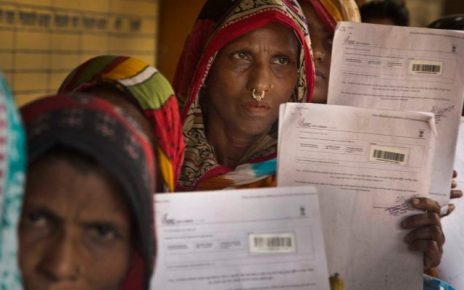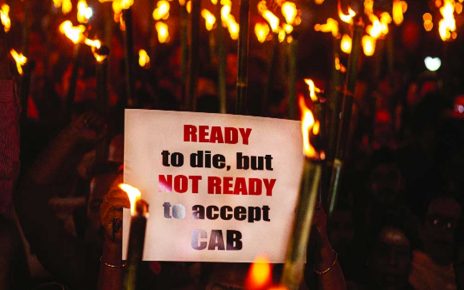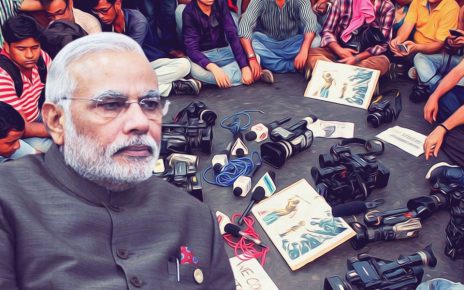Al Jazeera
Published on October 30, 2010
Facing several serious human rights issues, the Commonwealth is under pressure to reform or become irrelevant.
Commonwealth leaders met in Perth, Australia to discuss ideas meant to keep the organisation relevant and active.
Controversially, however, leaders have failed to endorse a report put forward by an Eminent Persons Group which had been tasked to recommend reforms for the 54-member body. Angered at what the group saw as a rejection of its report, it decided to make its recommendations public without approval by the Commonwealth leaders.
Among its suggestions are appointment of an independent commissioner to oversee the safeguarding of human rights in Commonwealth nations – a sticky issue here is Sri Lanka which is facing accusations of war crimes during the final months of its civil war and which is due to host the next Commonwealth summit in 2013.
The group has also recommended that countries repeal all homophobic laws, especially where they stall HIV awareness.
And several recommendations concerning climate change were made, these being particularly important as more than half of the commonwealth states are island nations that are especially vulnerable to the effects of climate change.
But would the Commonwealth heed this call? What purpose does the huge gathering serve now and what does it take to address its weaknesses?
Inside Story, with presenter Mike Hanna, discusses with guests Richard Fitzwilliams, a royal commentator and former editor of Who’s Who; David Monyae, a political analyst on African affairs; and Suhas Chakma, a political analyst and the director of the Asian Centre for Human Rights.
| “Commonwealth must make its presence felt and the only way to make its presence felt is to speak about the issues which concern day-to-day lives of the people, unless they are addressed by the Commonwealth, it’s going ot be very difficult for people to relate to such an institution.”
Suhas Chakma, political analyst and director of the Asian Centre for Human Rights |



